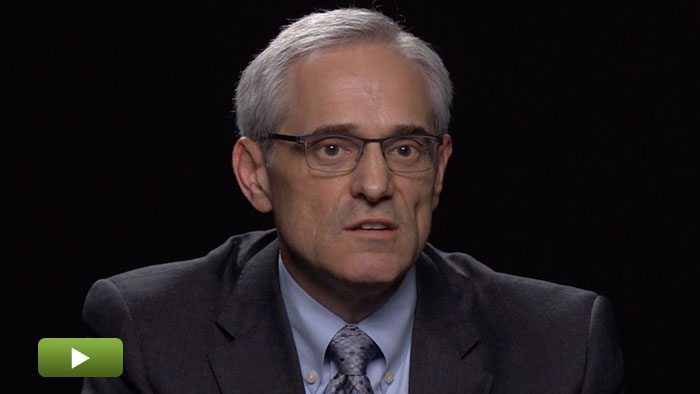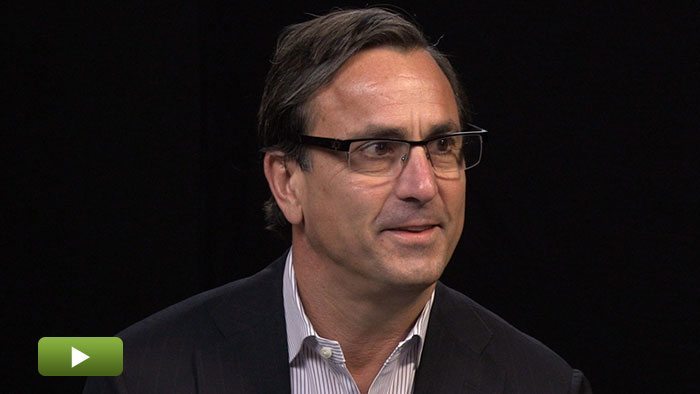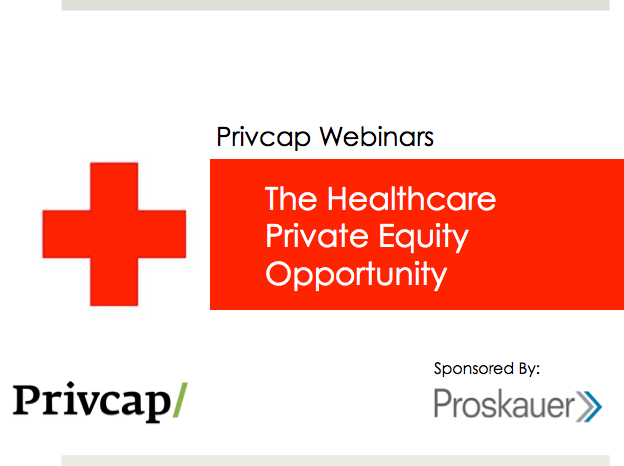Behavioral Healthcare Overcomes Stigma
As more insurance companies cover behavioral health services, and the stigma around seeking treatment has decreased, opportunities for private equity investments in the sector have increased, says RSM’s Tammy Hill.
Transcript Download Transcript
Behavioral Healthcare Overcomes Stigma
With Tammy Hill of RSM
Andrea Heisinger, Privcap: Today we’re joined by Tammy Hill of RSM. Tammy welcome to Privcap.
Tammy Hill, RSM: Thank you.
Heisinger: Mental health and behavioral health have become much more accessible as the insurance coverage has expanded. And I was wondering why the behavioral health sub-sector has caught the eye of private equity.
Hill: Well for one reason because it has become much more accessible, insurance coverage has expanded. There is also the classic supply and demand factor that’s entering into it. There is a much greater need than there is supply of quality behavioral health. You know, if you think back the last 15 or 20 years the, the kinds of treatments have become much more accepted in the marketplace. The quality of behavioral health treatment whether it be chemical dependence or eating disorders, there is no stigma attached to it anymore. Insurance coverage has picked up considerably, but there is still a shortage of quality care you know, compared to the demand. And any time you have that situation it poises itself for very good growth. And that in a nutshell is why it has caught the eye of private equity investors as well as other investors.
Heisinger: And what kinds of opportunities has private equity been looking at in the behavioral health sector?
Hill: We’ve seen deals, quite a few deals actually that are a lot of private pay, eating disorders, chemical dependency for some of the – I’ll call it higher-end behavioral health type specialty clinics. Some of them are residential clinics where patients stay at the facility. Others are outpatient type treatment centers, it’s not all private pay, but that has, we’ve seen several deals over the last few years in that space. The other thing that private equity is always interested in obviously are opportunities to buy and build. So you know, you have facilities who have gained a very good reputation in a particular demographic area or location. And with the right investment of capital they have a good chance of expanding and kind of taking that business model elsewhere.
Heisinger: Are transactions in behavioral healthcare going to be attractive in the long term?
Hill: Well we hope so, and I think most of the investors think so. They’re certainly very attractive right now. The deals that we have helped our clients with have generated an incredible amount of tension and interest among private equity buyers. The multiples and valuations are quite high. The sector is still in some ways in its infancy I think people believe and would suggest that the investment is going to be very good for the long term. Nothing lasts forever. At some point you would expect the supply to catch up with the demand and kind of hit an equilibrium. But I think most people feel like there is a continuum of that. And it won’t happen any time soon, so it’s very attractive right now.
Heisinger: And are there certain kinds of transactions or deals that you think will be more attractive in the long term?
Hill: It’s really the facilities or the clinics that have very good reputation, very high quality, and are small right now. So that they do have the ability or the potential to expand and move into other areas and kind of again use that business model to replicate it and do what they do best
Heisinger: What variables could make behavioral health less attractive to private equity in the future?
Hill: I don’t know that anyone is anticipating this, but if there were a major change in the way the government and/or insurance providers looked at it, if the laws would change for some reason, any unexpected change that no one is anticipating could change things. At a point the multiples could also get so high that it’s no longer an attractive segment, and of course if that happens you’re going to see them you know, level out and come back down. And again kind of hit the equilibrium point.
Heisinger: Do you think if something happened with the Affordable Care Act would that impact the attractiveness of behavioral health?
Hill: That’s a really interesting question. I think most healthcare professionals in that space don’t really anticipate anything happening with the ACA that would change the landscape significantly. Because we’re at a point now where there is a general recognition that the need is there, the supply is still not in line with the demand. And you also have quite a bit of players in the segment that are focused on the private pay. And when people need this kind of service and they see a real benefit to it, you know, people are willing to pay for it.






